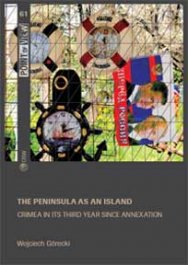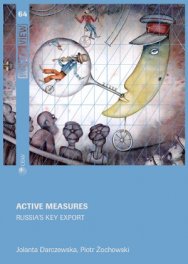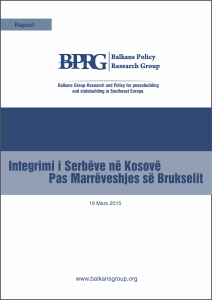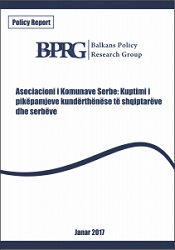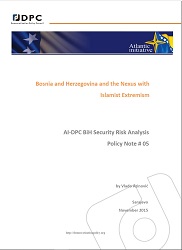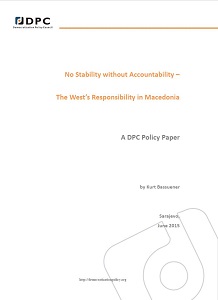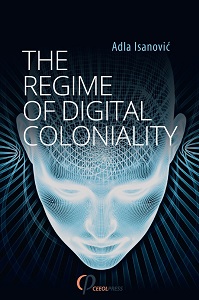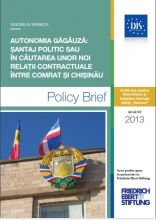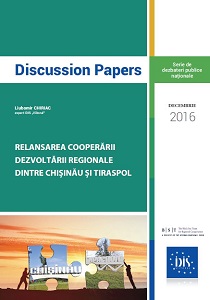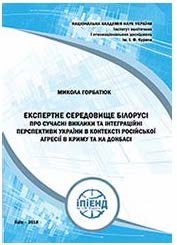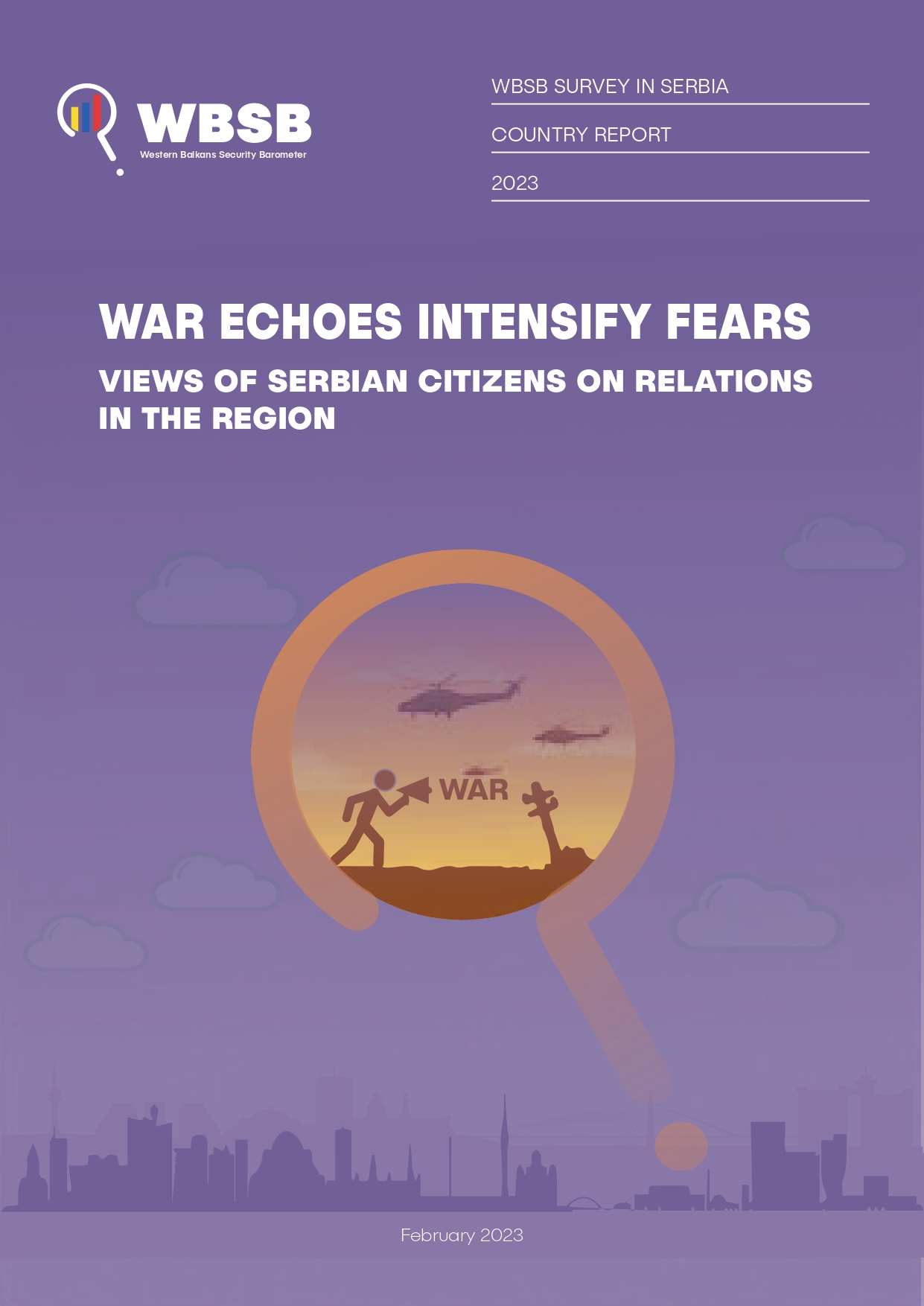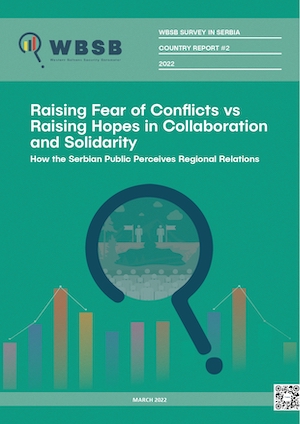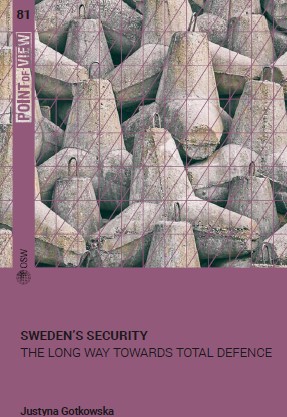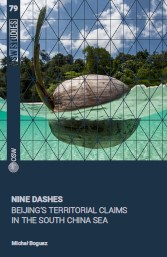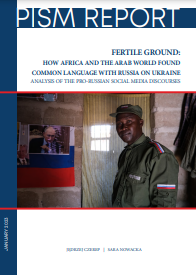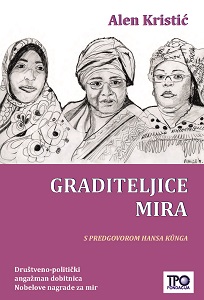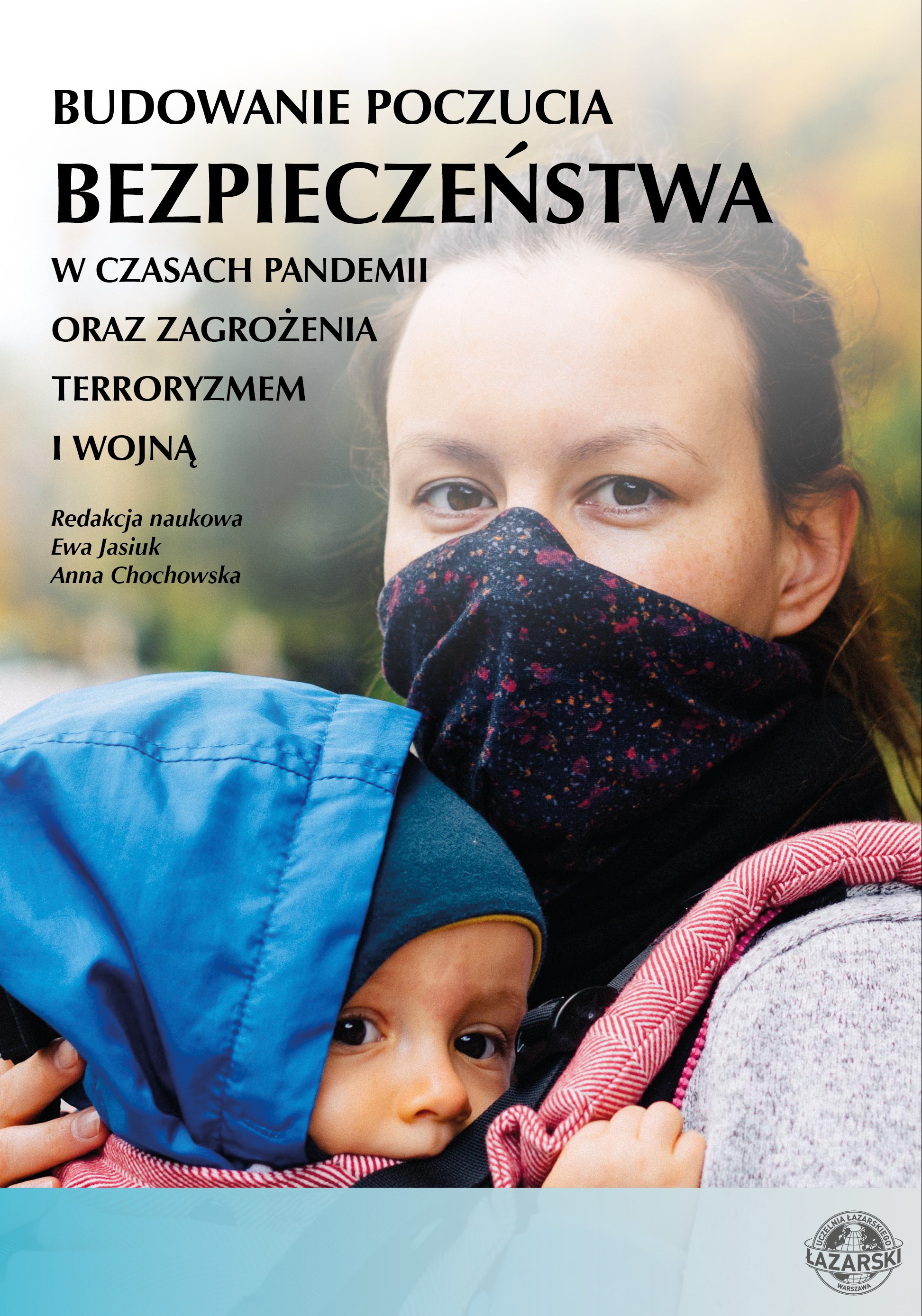Author(s): Alen Kristić / Language(s): Bosnian
Vrlo veliku radost pričinja da je upravo jedan muškarac, i to mlad, k tomu još teolog, baš u Bosni i Hercegovini poduzeo veliki napor da napiše knjigu o petnaest hrabrih žena, koje su se na paradigmatičan način založile za mir u svojim zemljama i za to bile počašćene Nobelovom nagradom za mir. Za ovo djelo Alen Kristić zaslužuje veliko priznanje i zahvalu. Petnaest žena, kojima se u ovoj knjizi iskazuje poštovanje na dojmljiv način, bile su svojedobno svjetski poznate, ali su neke od njih nažalost danas uvelike zaboravljene: Bertha von Suttner, spisateljica i mirovna aktivistica iz Češke odnosno Austrije, Jane Addams, "majka socijalnog rada i mirovnih znanosti" iz SAD-a, Emily Greene Balch, mirovna aktivistica i jedna od "sestara utemeljiteljica sociologije" iz SAD-a, Betty Williams i Mairead Corrigan, utemeljiteljice nenasilne organizacije "Zajednica ljudi mira" u Sjevernoj Irskoj, Majka Terezija, katolièka misionarka iz Makedonije odnosno Indije, Alva Myrdal, socijalna reformatorica i, kao politièarka i diplomaktinja, borkinja protiv nuklearnog naoruanja iz Švedske, Aung San Suu Kyi, voditeljica nenasilnog građanskog pokreta za uvođenje demokracije u Burmi, Rigoberta Menchú Tum, voditeljica nenasilne borbe za ljudska prava starosjedilaca Gvatemale, Jody Williams, ključna figura "Međunarodne kampanje za zabranu nagaznih mina" (ICBL), Shirin Ebadi, aktivistica ljudskih prava i muslimanska feministkinja iz Irana, Wangari Muta Maathai, ekologinja i voditeljica nenasilnog građanskog pokreta protiv diktatorskog reima u Keniji, Ellen Johnson-Sirleaf, predsjednica Liberije, Leymah Gbowee, borkinja za građanska prava i političarka iz Liberije, Tawakkul Karman, novinarka, političarka i aktivistica ljudskih prava iz Jemena. Svih se petnaest ističe izvanrednom hrabrošću, koja je ohrabrila i bezbroj drugih žena i muškaraca. Hrabrošću ne u ratu, u vojsci nego za mir u civilnom podruèju. U njemačkom jeziku za to postoji pojam preuzet iz francuskog – "Zivilcourage". O toj se kreposti isplati razmišljati. Riječ "courage" (hrabrost) ne dolazi od "intelekta", također niti od "raison"-a (razuma). Dakle, "courage" nije produkt rezoniranja, prosuđivanja, promišljanja, obrazlaganja, kao što je to pak svojstveno znanosti. Prema tome, "courage" ne dolazi od "raison"-a nego od "coeur"-a (srca), pa mi se čini da će onaj tko neprekidno slijedi samo razum i srcu nikad ne dopušta govoriti, rijetko pokazati "courage". Onaj tko tvrdi da su najhrabriji konji slijepi, taj se vara. Još nijedan slijepi konj nije dobio utrku! Drugaèije kazano, pravu hrabrost bi posjedovale samo budale. No, zar i mudri ljudi ne moraju biti hrabri, a ne samo oprezni, suzdrljivi i umjereni? Kao što je poznato, pored rezoniranja, logike znanosti postoji i logika srca; ona povezuje razum i osjećaje, a dakako i jedno i drugo ima svoje granice. Pod "srcem" se ne misli primjerice samo na iracionalno-emocionalno za razliku od racionalno-logičkog. Ne, pod "srcem" se misli na duhovno središte ljudske osobe, misli se na najunutarnjije središte ljudskog djelovanja, misli se na polazište odnosa prema drugima. Precizno formulirano, pod "srcem" se u potpunosti podrazumijeva ljudski duh, ali ne ukoliko duh misli i zaključuje čisto teoretski nego ukoliko je spontano nazočan, intuitivno osjeća i egzistencijalno spoznaje. Dakle, svoje sjedište ljudska "courage" nema naprosto u "čistom razumu" nego u srcu. No, što to onda od nas zahtijeva "Zivilcourage"? Rijeè "zivil" potjeèe od latinske riječi "civilis" koja znači "građanski", "općekoristan", pa kad danas govorimo o civilnom ili građanskom društvu, ta se dimenzija iznova pojavljuje. Riječ "Zivil-Courage" hrabrost misli sasvim nevojnički, a ona se posvjedoèuje tako što se svoje mišljenje izraava otvoreno i u javnosti zastupa bez osvrtanja na moguæe posljedice, ovisno o okolnostima èak i nasuprot nosiocima vlasti i nadređenima. Riječ je po prvi put upotrijebio njemački državni kancelar Bismarck u 19. stoljeću. Nekoć uvelike rasprostranjenu vojničku hrabrost na bojnim poljima stavio je u kontrastni odnos sa mnogo rjeđom civilnom hrabrošću, izražavajući žalost zbog nedostatka takve "Zivilcourage", čak i u sluèaju sasvim časnih ljudi. S civilnom su hrabrošću povezani napor, muka i rizik. A onaj tko je bilo kad prakticirao civilnu hrabrost, taj će se sa mnom složiti: Nije lako u javnim sučeljavanjima biti ostavljen na cjedilu moda čak i od nekadašnjih prijatelja ili kolega. Zasigurno, pritiscima se može odolijevati. No, to opiranje nije samorazumljivo. A s obzirom na sve poteškoće pokazivanje civilne hrabrosti jednako tako nije lagano ljudima s javnom odgovornošću u politici, gospodarstvu, obrazovanju, kulturi i religijama. Nikome nije jednostavno uvijek iznova saćuvati hrabrost koju mu često svim sredstvima žele "izbiti". Kao vjerujući kršćanin, nadodao bih da i ta hrabrost nekome mora zbilja biti darovana, jer ona predstavlja pravu milost. Dar. Naravno, to se ne smije koristiti kao alibi da se ne čini ništa, da se ne angaira. Mirovni angažman, civilna hrabrost petnaest dobitnica Nobelove nagrade za mir mogla bi biti i za Europu, i za Bosnu i Hercegovinu paradigmatična. One pokazuju da je moguće prevladati logiku sukoba, borbe i rata, te razviti logiku pomirenja i opraštanja u svrhu miroljubivog suivota. ene poput ovih predstavljaju istinske heroje koje naše vrijeme treba. Bilo bi lijepo kad bi ih mnogi ljudi u Bosni i Hercegovini nasljedovali kao svoje uzore. želio bih da jednom u budućnosti također iz ove napaćene, ali i nadom prožete zemlje dođe nositelj ili nositeljica Nobelove nagrade za mir. Neka knjiga Alena Kristića bude jedan korak na tome putu i neka stekne veliku i zainteresiranu publiku.
More...
